Following Senate Finance Committee Chairman Ron Wyden, D-Ore., and Sen. Cory Booker, D-N.J., filing the Cannabis Administration and Opportunity Act (CAOA) in the upper chamber July 21, one hemp advocacy organization is recommending changes to key provisions of the measure that would hurt the hemp industry.
The U.S. Hemp Roundtable (USHR), a national hemp advocacy organization, sent a letter addressed to Wyden, Booker and Sen. Chuck Schumer, the lead sponsors of the CAOA.
The USHR states in the letter that it appreciates the CAOA being introduced and that most of the drafted legislation “would advantage hemp commerce.” However, the organization added that “progress for the industry would be significantly undermined by a few of the provisions in the legislation as introduced.”
The USHR included the following changes to key provisions in the measure:
Hemp-Derived CBD (Section 504)
The USHR said it is concerned that the current language under Section 504 of the measure “subjects hemp-derived CBD to a uniquely onerous and unprecedented regulatory regime.” The organization added that it believes nonintoxicating, hemp-derived CBD “should be regulated like any other botanical ingredient.”
As listed in the letter, below are the USHR recommended changes to Section 504 in the CAOA:
” – Expanding protections to all non-intoxicating hemp derivatives and cannabinoids, (not just CBD).
– Allowing companies to use all forms of safety evaluations permitted by law, rather than mandating the use of new dietary ingredient notifications.
– Providing a more comprehensive rulemaking process for determining potential daily serving limits for CBD to ensure ample stakeholder input.
– Opening an additional pathway for the sale of hemp extracts like CBD as food and beverage ingredients.
– Ensuring separate regulatory pathways for non-intoxicating hemp and intoxicating cannabis products.”
2. Definition of Hemp (Section 803)
The UHSR said while it supports the CAOA’s effort to regulate intoxicating products, like delta-8 THC, as part of adult-use markets, in addressing the issue, the “CAOA develops a misguided standard for intoxication that would lead to the elimination of the substantial majority of the hemp extract and CBD industry,” USHR stated in the letter.
The organization added, “The language at issue states that the allowable THC equivalent amount for products made or derived from hemp could not exceed 1 milligram of total THC per 100 grams on a dry weight basis, translating into a 0.001% total THC standard. This is an arbitrary and unrealistic standard. No full spectrum or broad-spectrum hemp extract would qualify, and likely most CBD isolates would be challenged to comply, given the limitations of current testing technology. Indeed, this limit would delegate most, if not all, popular, non-intoxicating CBD and hemp extract products to the adult-use cannabis market.”
The USHR said that the proposed THC limit would limit opportunities and hurt hemp farmers. The organization provided the following draft language for the senators to consider:
“The Agricultural Marketing Act of 1946 (7 U.S.C. 1621 et seq.) is amended by adding at the end the following: (a) Establishment Of Task Force.—Not later than 90 days after the date of the enactment of this section, the Secretary, in consultation with the U.S. Food and Drug Administration and the National Institute on Drug Abuse of the National Institutes of Health, shall establish a task force to study the 0.3% concentration limit for delta-9 tetrahydrocannabinol and restrictions on other potentially intoxicating hemp derivatives (in this section referred to as the “Task Force”). (b) Membership. The Task Force shall be composed of representatives from the U.S. Food and Drug Administration, the National Institute on Drug Abuse of the National Institutes of Health, hemp industry representatives including cultivators, testing laboratories, chemists, manufacturers/processors and distributors, and other members as determined by the Secretary. (c) Duties. The Task Force shall review the 0.3% concentration limit on a dry-weight basis for tetrahydrocannabinols in hemp, whether additional cannabinoids or hemp derivatives should be restricted in finished hemp products due to the potential for intoxication, and what type and form of limits should be utilized for finished hemp products. (d) Report by Task Force. Not later than 120 days after the Task Force is established in accordance with section (a), the Task Force shall submit to the Secretary a report that includes the findings and recommendations of the Task Force. (e) Rulemaking Process. Not later than 90 days after the Task Force submits the report in accordance with section (d), the Secretary, in consultation with the U.S. Food and Drug Administration and any other federal agency as determined by the Secretary, shall initiate a rulemaking process to implement the recommendations of the Task Force.”]]>
